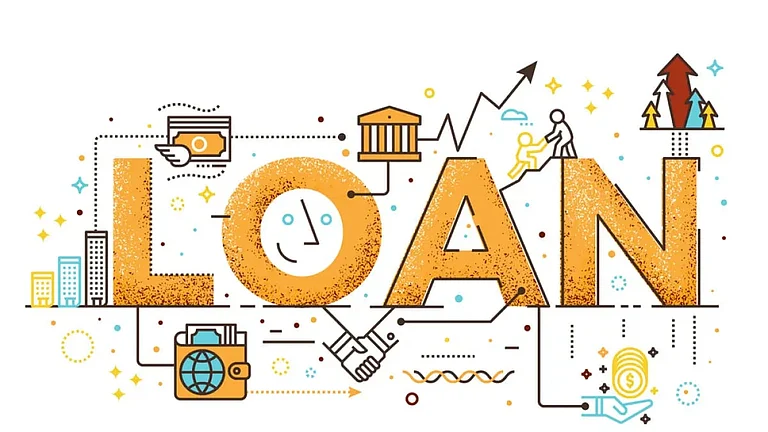Loans provide a useful way of obtaining money in the current financial environment without diminishing long-term savings. While the first loan may have been sufficient for your purposes, as your financial priorities change it may no longer enough. In these situations, a top-up loan might be a practical way for borrowers to obtain more money on their current loan. Let’s understand what a top-up loan is, how it works, and who should consider opting for one.
What Is a Top-Up Loan
A top-up loan is an additional loan you can borrow on top of your existing loan, typically linked to home loans, personal loans, or car loans. The same lender makes it available to qualified consumers with a solid repayment history. The top-up amount, interest rate, and repayment period vary depending on the lender’s terms. This kind of loan can be used for a variety of purposes, such as medical expenses, schooling or home renovations.
You must have a credit score over 750, a stable income that can support EMIs or a longer repayment period and a good repayment history on your current loan in order to be eligible for a top-up loan.
Benefits of Top-Up Loan
Top-up loans are approved more quickly because lenders already have your personal and financial details from your existing loan.
As most of the paperwork was already done so, only a minimum of additional documentation is required.
Borrowers who have consistently paid their EMIs on time may qualify for lower interest rates on top-up loans.
You can utilise the money you get from a top-up loan for a number of things without being required to inform the lender of reasons.
Top-up loans generally do not require a guarantor, which simplifies the application process for eligible borrowers.
Key Consideration
When seeking a top-up loan, you should be aware of the potential influence on your credit score. Increasing your total amount of outstanding debt may affect your credit usage ratio, which is a metric used by credit rating systems. Managing this additional debt responsibly is essential to maintain a good credit standing.
Another essential consideration is a change in your loan payback requirements. A top-up loan may increase your monthly EMI, so make sure your income can afford the increase. Also, lenders may provide a loan duration extension option, which could lower monthly payments but raise the overall amount of interest paid.
Who Should Consider this
It is suitable for borrowers who need extra funds beyond their current loan and have demonstrated a reliable repayment history. They are typically for those comfortable with taking on increased repayments or a longer term at a higher interest rate. You should also consider your financial position prior to applying.










